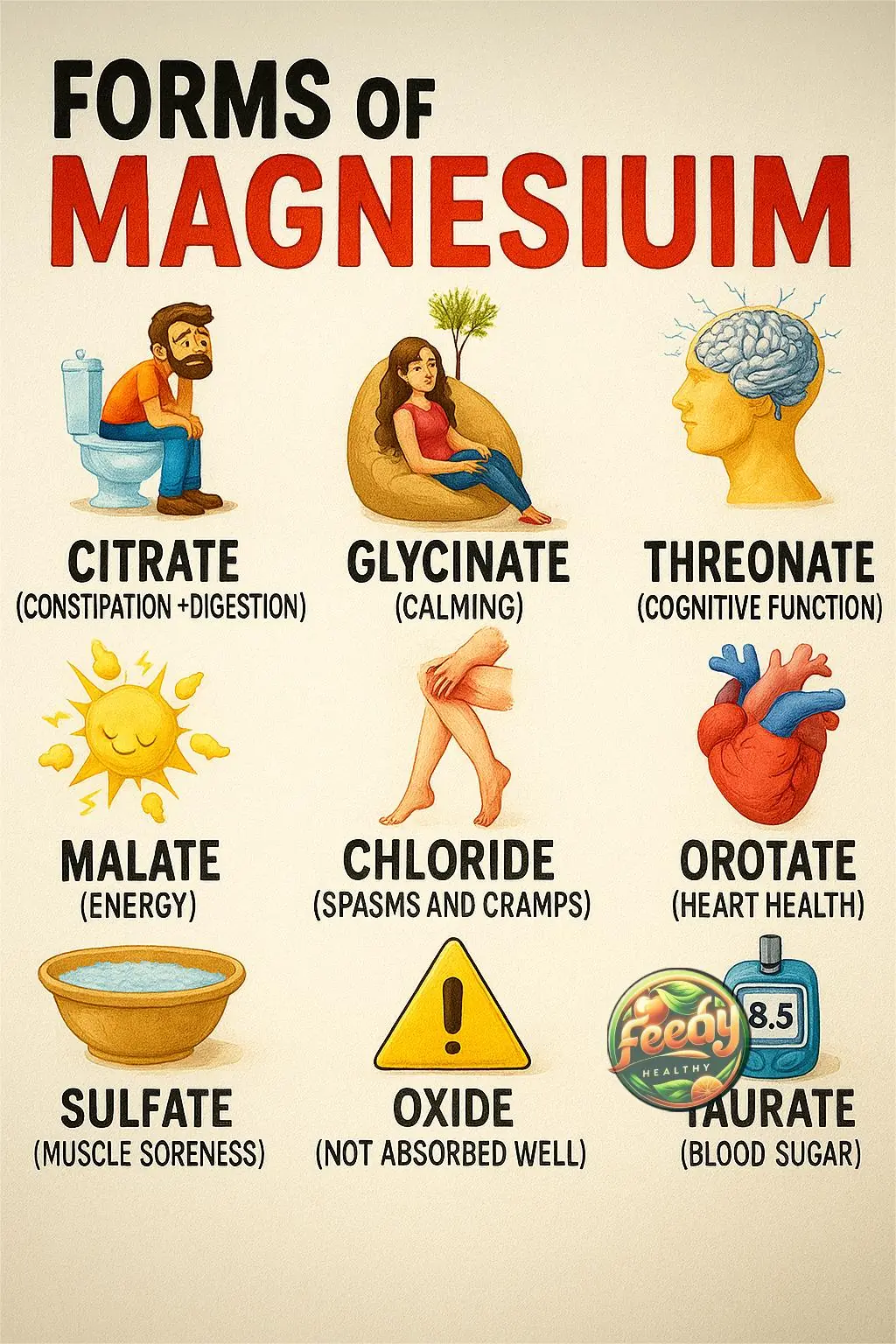
The Hidden Dangers of Bubble Tea: A Popular Beverage with Serious Health Risks
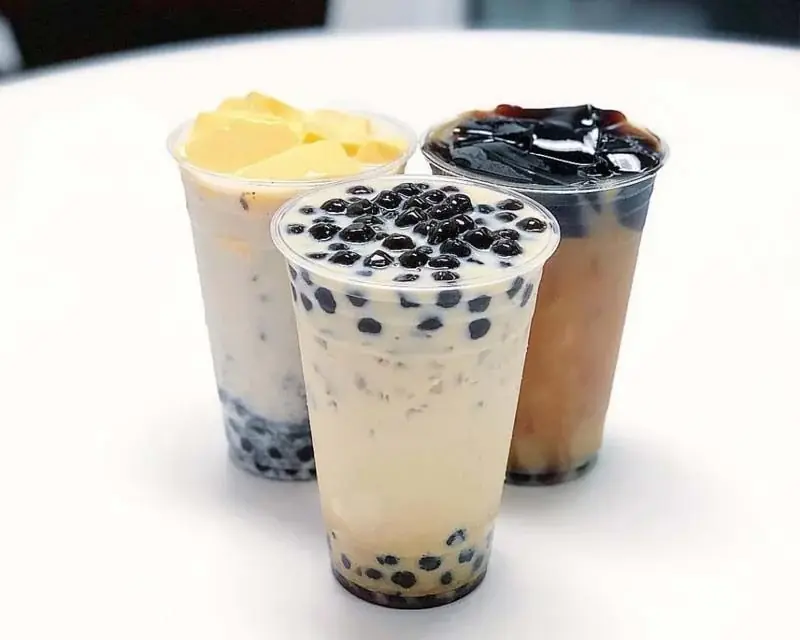
Bubble tea, a widely beloved beverage, has gained immense popularity among people of all ages. However, despite its appealing taste and trendy status, excessive consumption of bubble tea can have severe health consequences, particularly for kidney function. Understanding these risks is essential to making informed dietary choices.
What Makes Bubble Tea Harmful?
While bubble tea may seem like an innocent treat, several factors contribute to its potential health hazards:
-
High Sugar Content: Most bubble tea varieties contain excessive amounts of sugar, contributing to obesity, diabetes, and metabolic disorders. Regular consumption can lead to insulin resistance, increasing the risk of chronic diseases.
-
Artificial Additives and Preservatives: Many commercial bubble tea ingredients contain synthetic flavorings, preservatives, and chemical compounds that may pose long-term health risks, particularly for kidney function.
-
Milk Powder and Non-Dairy Creamers: Some versions of bubble tea use non-dairy creamers that contain trans fats and high levels of phosphates, which can contribute to kidney damage and cardiovascular problems.
-
Tapioca Pearls and Their Impact: The chewy tapioca pearls, often made from refined starch, offer little nutritional value but add excessive calories. Some studies have raised concerns about chemical contamination in low-quality pearls.
-
Caffeine Overload: Many bubble tea variants, especially those containing strong tea bases, have high caffeine content, which can lead to dehydration and put additional strain on the kidneys.
How Bubble Tea Affects Kidney Health
Kidneys play a vital role in filtering waste and toxins from the body. Regular consumption of high-sugar, high-phosphate, and artificially enhanced drinks like bubble tea can overwork the kidneys, leading to:
-
Increased risk of kidney stones due to excessive oxalates from tea and artificial ingredients.
-
Dehydration caused by caffeine and high sugar levels, impairing kidney function.
-
Phosphate overload from non-dairy creamers, leading to imbalanced mineral levels in the body.
-
Greater likelihood of chronic kidney disease (CKD) if preexisting kidney issues are present.
Healthier Alternatives to Bubble Tea
Enjoying bubble tea occasionally may not pose significant harm, but for frequent consumers, making healthier choices is crucial:
-
Opt for Low-Sugar or Sugar-Free Versions: Request less sugar or choose natural sweeteners to reduce the impact on blood sugar and kidney health.
-
Use Fresh Milk Instead of Creamers: Fresh dairy or plant-based milk alternatives (like almond or oat milk) are healthier than artificial creamers.
-
Choose Natural Ingredients: Select versions with real fruit, natural tea bases, and minimal artificial additives.
-
Drink More Water: Hydration is key to supporting kidney function and flushing out potential toxins.
-
Consume in Moderation: Treating bubble tea as an occasional indulgence rather than a daily habit can significantly reduce health risks.
Conclusion
Bubble tea may be a delightful treat, but its potential health risks—especially concerning kidney function—should not be ignored. Being mindful of its sugar content, artificial additives, and overall consumption can help individuals enjoy this popular drink without compromising their well-being. Making healthier choices and moderation are key to balancing indulgence with health-conscious habits.
News in the same category

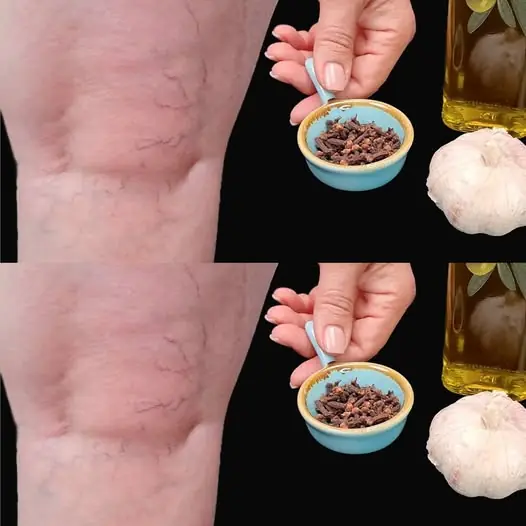
Natural Remedy for Leg Pain, Rheumatism, Varicose Veins, and Arthritis with Cloves & Garlic 🧄🌿
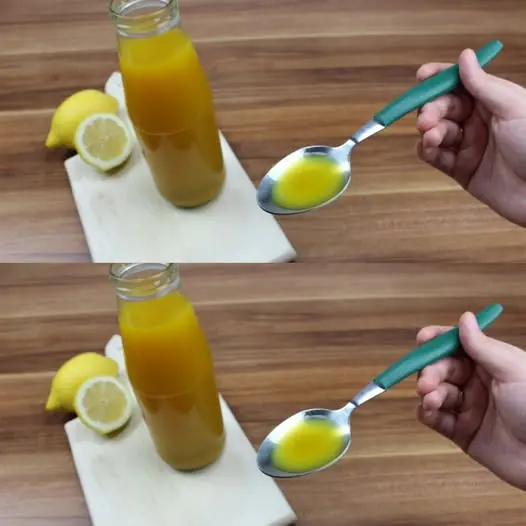
Natural Remedy for Cleansing Blood Vessels: Just One Tablespoon a Day!

Discover the Magic of Castor Oil and Apple Cider Vinegar

The Power of Onion and Cloves: A Natural Remedy for Health and Home

Say Goodbye to Nail Fungus with Rosemary – A Natural Remedy
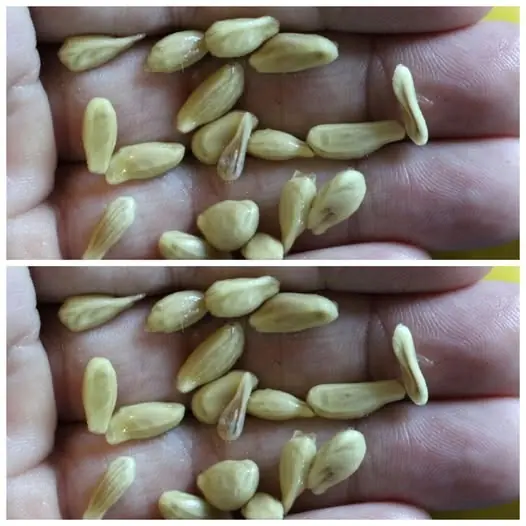
Don’t Throw Away Lemon Seeds – They’re Worth Their Weight in Gold!

Boil Bananas and Drink the Liquid Before Bed – Sleep Like Never Before! 🍌🌙
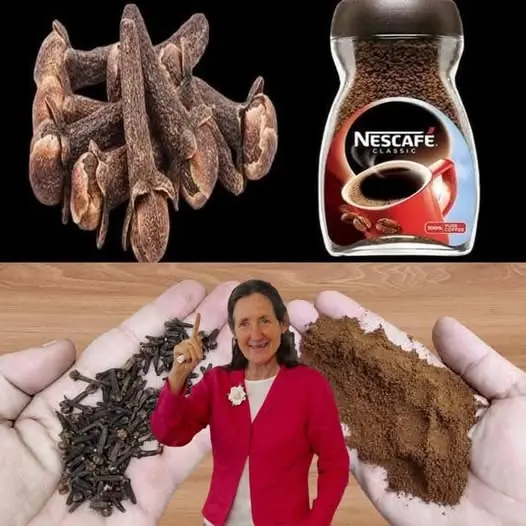
Enhance Your Morning Nescafé with Cloves

Grandma’s Beetroot & Carrot Delight – A Simple Recipe for Health and Flavor!

Discover the Power of the Tahitian Nut: A Natural Remedy Against Cancer

Discover the Power of Thyme: Fight Diseases Like Poor Circulation, Fatty Liver, High Blood Pressure, and Anxiety

Say Goodbye to Urinary Infections, Asthma, and More: The Benefits of Tradescantia Spathacea
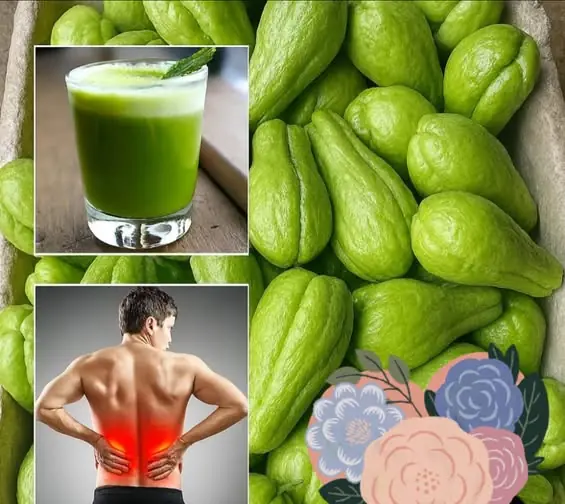
Discover the Benefits of Chayote: A Natural Remedy for Your Health
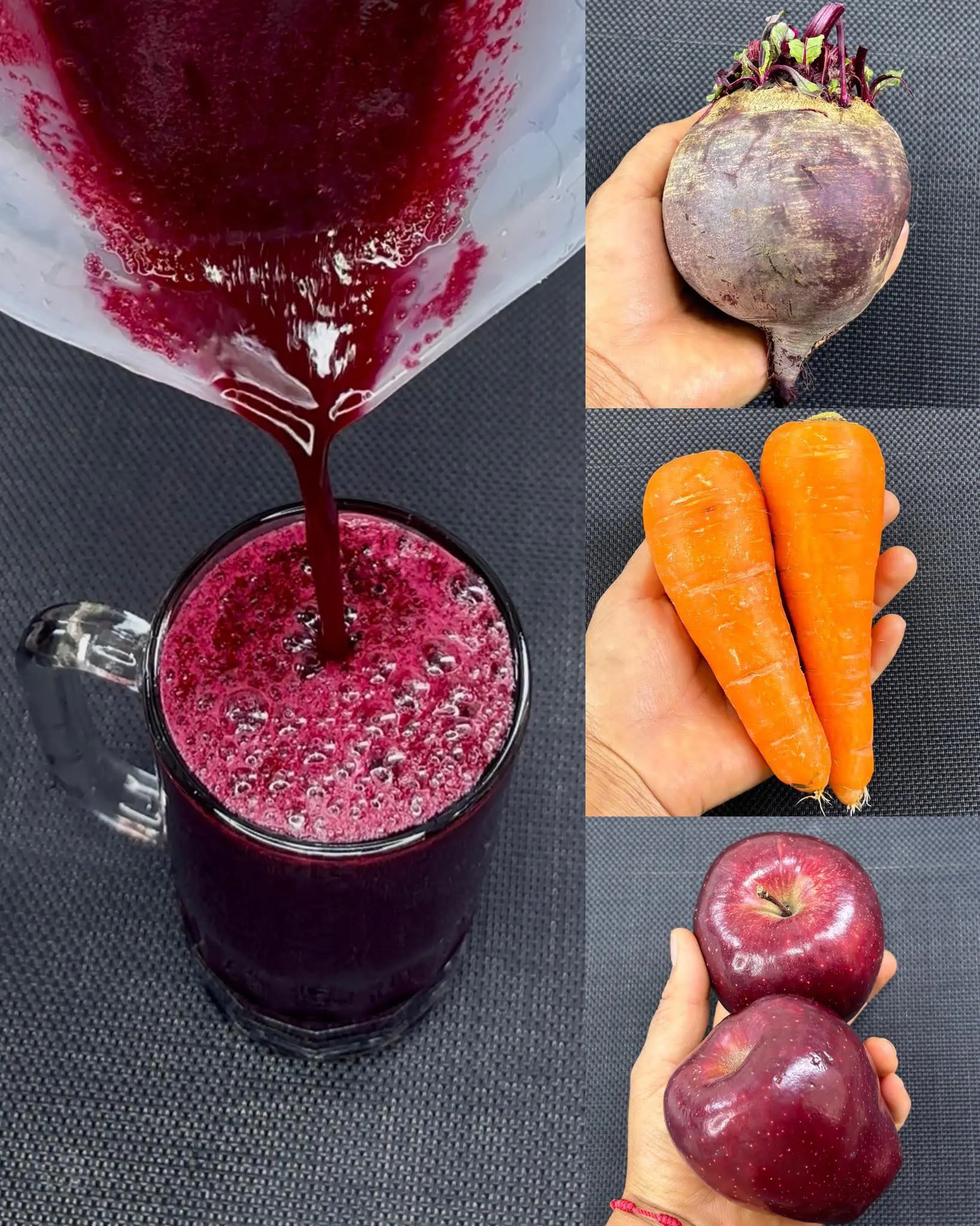
Restore Your Vision, Eliminate Anemia, and Detox Your Liver with This Powerful Natural Smoothie

Vitamin Deficiency and Leg or Bone Pain: What You Need to Know
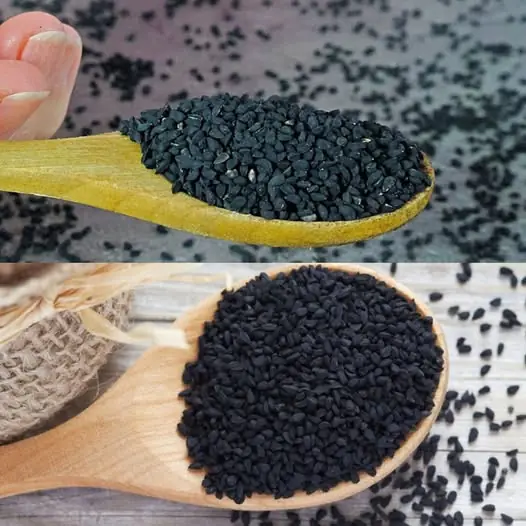
Unlocking the Power of Black Cumin Seeds: A Natural Health Boost
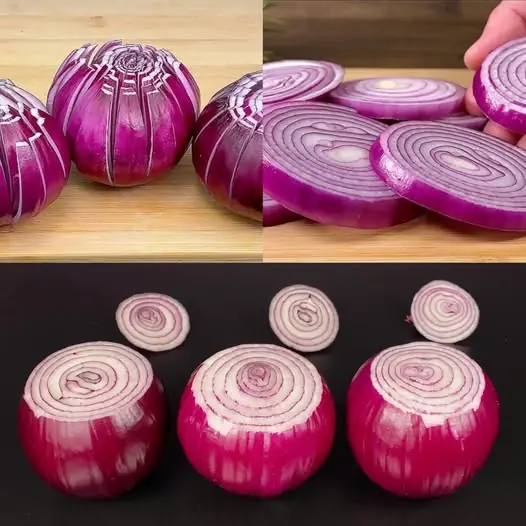
The Power of Red Onion and Other Vegetables for Balanced Blood Sugar

Discover the Amazing Health Benefits of Chewing Black Pepper Before Bed 🌿🔥

Discover the Benefits of Sleeping with Garlic Under Your Pillow
News Post

Prostate Cancer: 4 Symptoms Commonly Mistaken for Other Conditions

Blind, epileptic dog was found in box, thought to be dead — but now he’s made an incredible recovery

🍒🍫 Cherry Chocolate Chip Cake 🍫🍒

🍪✨ Peanut Butter Hazelnut Swirl Cookies ✨🍪

🍪❤️ Raspberry Chocolate Chip Cookies ❤️🍪

🌌🍦 Ultimate Galaxy Ice Cream Cake 🍦🌌

🍍🍓🍫 Pineapple Strawberry Chocolate Ice Cream Cake 🍫🍓🍍

🫐🍰 Indulge in Blueberry Mousse Heaven Cheesecake 🍰🫐

🍪🍊 Cranberry Orange Cookies 🍊🍪
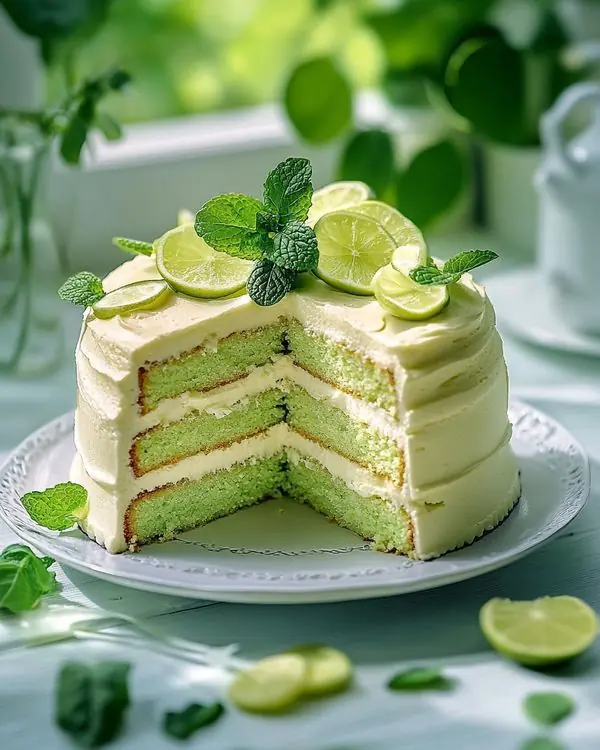
💚🍰 Moist Velvet Lime Cake 🍰💚

🤍🍰 Sour Cream Pound Cake with Caramel Frosting 🍰🤍

💕😋 Raspberry Ice Cream Cheesecake 😋💕

💕😋 Swirled Chocolate Dream Bundt 😋💕

Twisted Doughnuts: Golden, Sweet, and Irresistibly Fluffy 🍩✨

Busy Work Schedule: Is Sleeping Only 5–6 Hours a Night Harmful?

What Your Urine Color Really Says About Your Health (It’s More Interesting Than You Think)

Chocolate Ice Cream Cone with Brownie Chunks & Fudge Drizzle: A Decadent Dessert Dream 🍫🍦

Triple Chocolate Mousse Cake with Berries: A Decadent, Showstopping Dessert 🍫🍓

Red Velvet Cinnamon Rolls with Cream Cheese Glaze: A Stunning Twist on a Classic Favorite ❤️🍥
